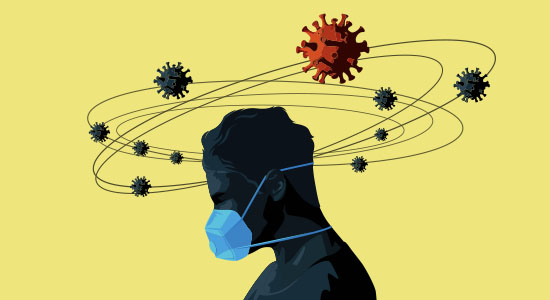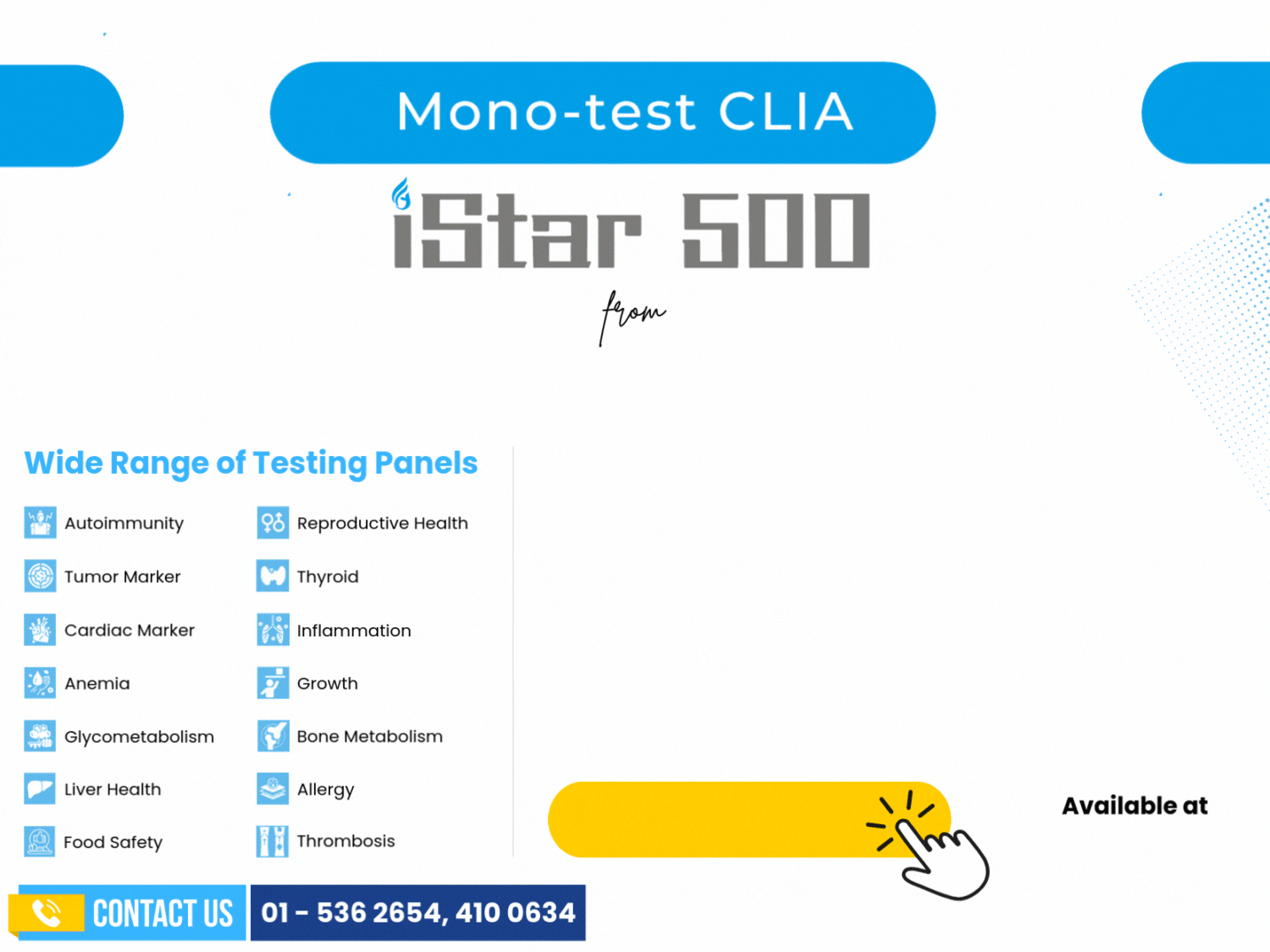
Nicotinamide adenine dinucleotide (NAD) is a molecule found in every living cell of the body. Made from vitamin B3 — also known as niacin — NAD plays an important role in creating energy in the body, as well as repairing DNA.
“NAD is an essential molecule that plays critical roles in all living cells — bacteria, plants, (and) animals,” Mathias Ziegler, MD, PhD, a professor in the Department of Biomedicine at the University of Bergen in Norway explained to Medical News Today.
“The fundamental role of NAD is in the retrieval of energy from food sources to make it available for cellular functions. Metaphorically speaking, NAD acts like a rechargeable battery storing energy retrieved from nutrients and then passing it on to fuel energy-demanding processes. The most important of such processes takes place in mitochondria, the cell’s powerhouse,” he continued.
Ziegler is the lead author of a new study that explains how mitochondria act as “reservoirs” to store NAD for cells to use.
However, as the amount of NAD in the mitochondrial “reservoirs” depletes with age, cells may not have enough NAD to function adequately.
Scientists believe this finding may lead to new therapeutic options aimed at raising NAD levels to combat aging and age-related diseases.
swasthyaadmin
Published: February 4, 2025











